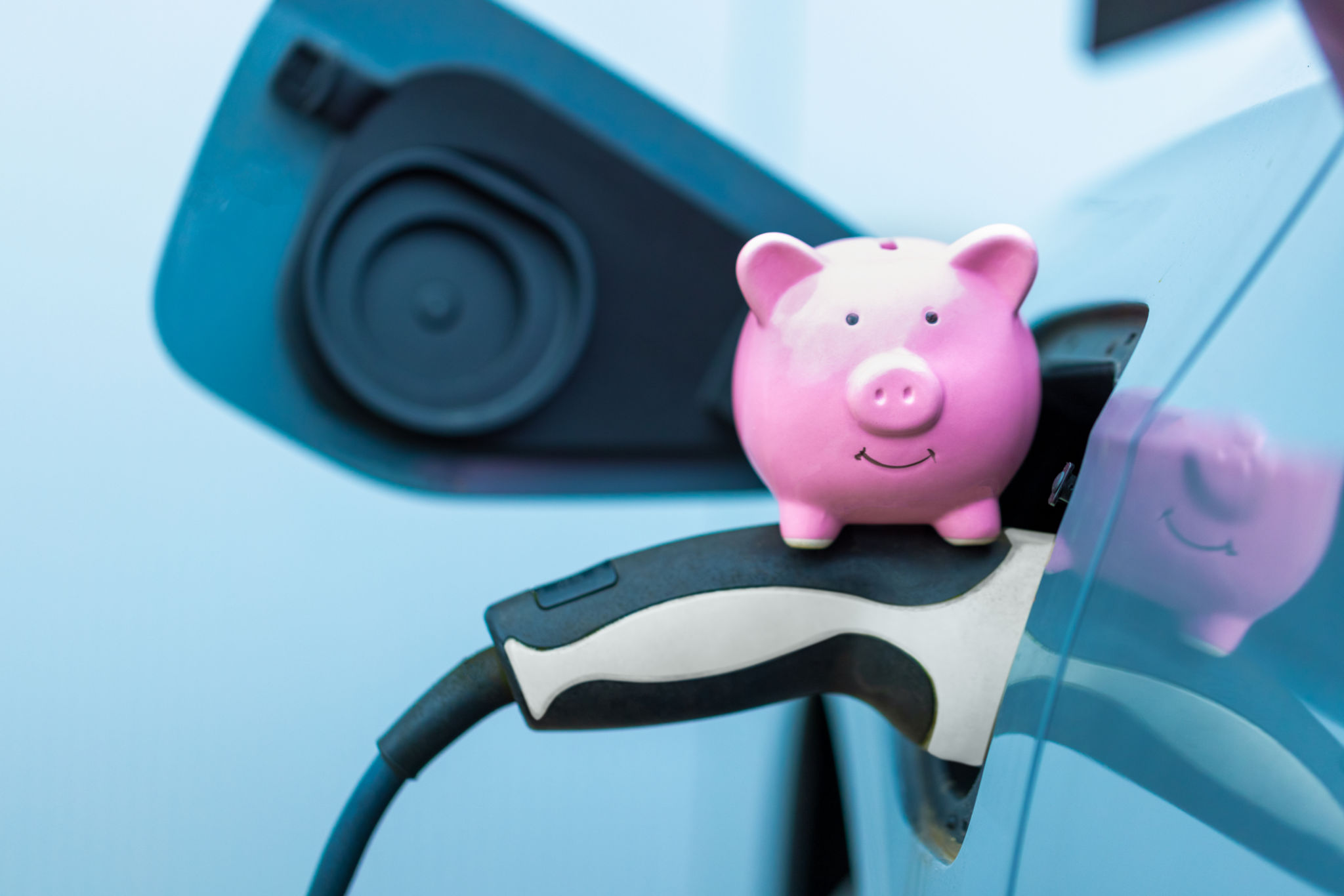What to Look for When Buying a Second-Hand Car: Essential Tips
Determine Your Budget
Before embarking on the journey to buy a second-hand car, it's crucial to establish a clear budget. Consider not only the purchase price but also additional costs such as insurance, registration, and potential repair expenses. Having a defined budget will help you narrow down your options and avoid overspending.

Research Models and Prices
Once you have a budget in place, research different car models that fit within your financial plan. Pay attention to factors like fuel efficiency, reliability, and maintenance costs. Websites, forums, and reviews can provide valuable insights into the common issues and resale value of specific models.
Check Market Value
Understanding the market value of the car models you're interested in is essential. Use online valuation tools and compare prices from various sellers to ensure you're getting a fair deal. Remember, prices can vary depending on factors like mileage, condition, and location.
Inspect the Vehicle Thoroughly
When you find a car that meets your criteria, it's time for a detailed inspection. Look for signs of wear and tear, rust, or any visible damage. Check the tires, brakes, lights, and other essential components. It's wise to bring along a trusted mechanic or knowledgeable friend to assist with the inspection.

Review the Vehicle History Report
A vehicle history report can reveal important information about the car's past, such as previous accidents, title issues, or odometer discrepancies. This report is an invaluable tool that can help you avoid purchasing a car with hidden problems.
Take a Test Drive
Never skip the test drive when buying a second-hand car. A test drive allows you to assess the car's performance and comfort. Pay attention to how the engine sounds, how it handles on the road, and if there are any unusual noises or vibrations.
Evaluate Comfort and Features
While driving, evaluate the comfort level of the vehicle. Check if all features like air conditioning, sound system, and electronic controls are functioning properly. Ensure that the car meets your needs in terms of space and convenience.

Negotiate the Price
Once you're satisfied with the vehicle's condition and performance, it's time to negotiate the price. Armed with your research on market values and any issues identified during the inspection, you can confidently discuss a fair price with the seller.
Finalize the Purchase
After agreeing on a price, ensure all necessary paperwork is in order. This includes the title transfer, bill of sale, and any warranties or service records. Completing these steps carefully will ensure a smooth transition of ownership.
Conclusion
Buying a second-hand car requires careful consideration and diligence. By following these essential tips—setting a budget, researching thoroughly, inspecting the car, and negotiating wisely—you can make an informed decision and drive away with confidence in your new purchase.